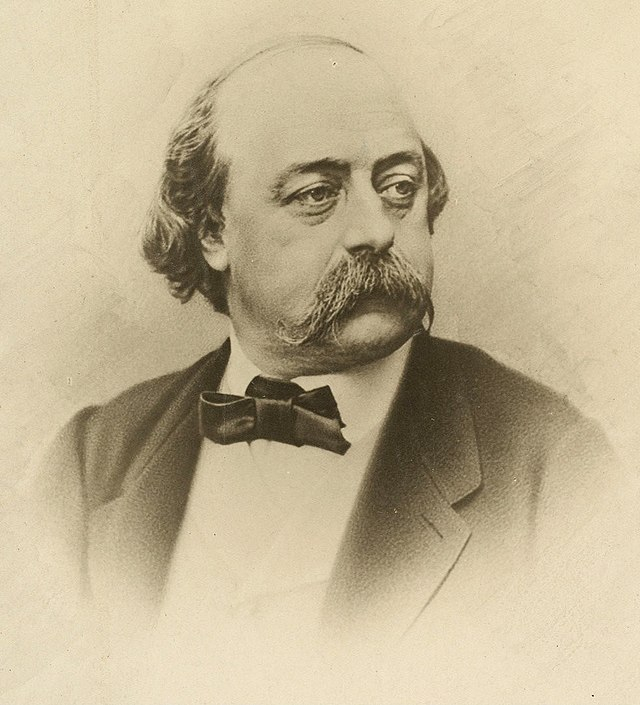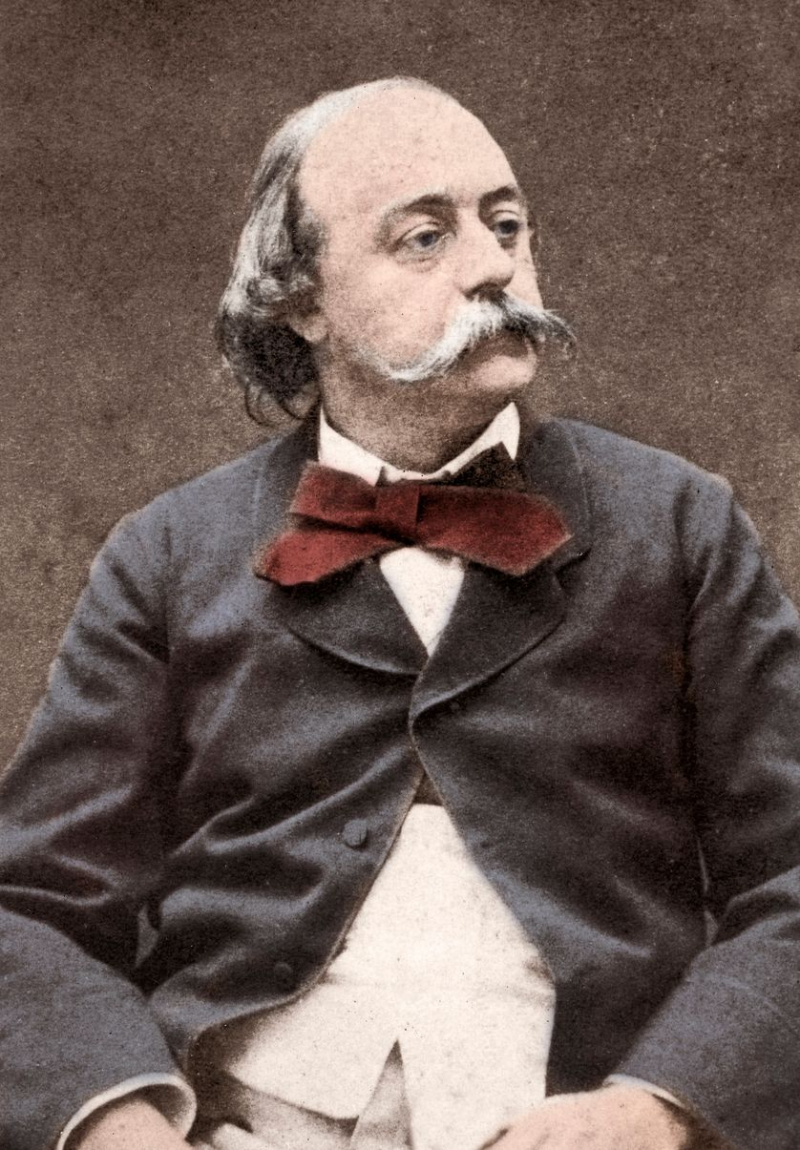Gustave Flaubert
Gustave Flaubert (December 12, 1821, Rouen, France—May 8, 1880), French author best known for his masterwork, Madame Bovary (1857), a realistic portrait of bourgeois life that led to a trial on grounds of the novel's alleged immorality. He was a powerful figure in his nation, and he was widely regarded as the foremost advocate of literary realism. "In Flaubert, realism aims for formal perfection, therefore the depiction of truth tends to be neutral, emphasizing the ideals and significance of style as an objective manner of portraying reality," writes literary theorist Kornelije Kvas.
He is most renowned for his first book, Madame Bovary (1857), as well as his Correspondence and his meticulous attention to style and aesthetics. Guy de Maupassant, the great short story writer, was Flaubert's protégé. A group of CNRS researchers developed a neural language model in Flaubert's honor on his 198th birthday (12 December 2019).












